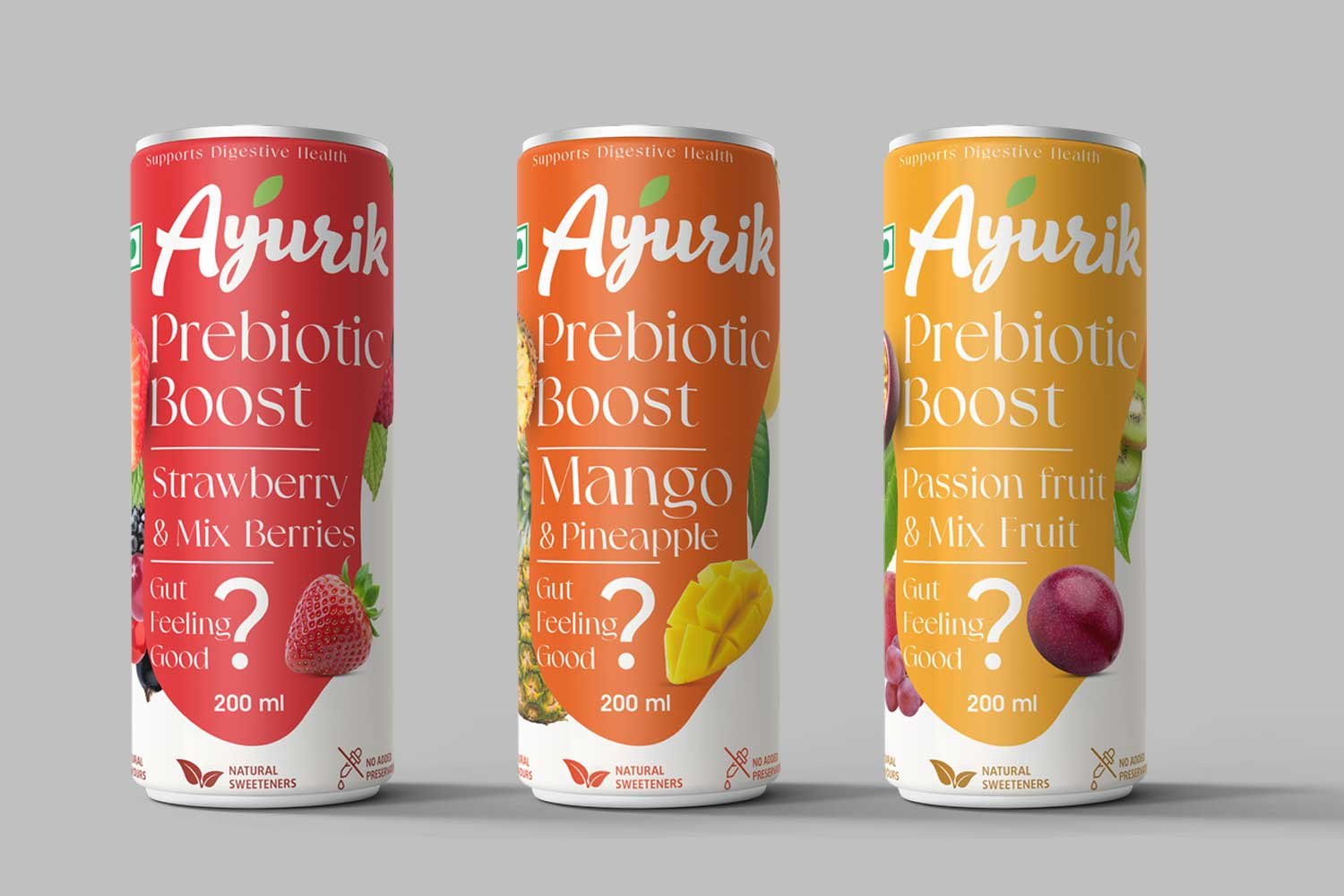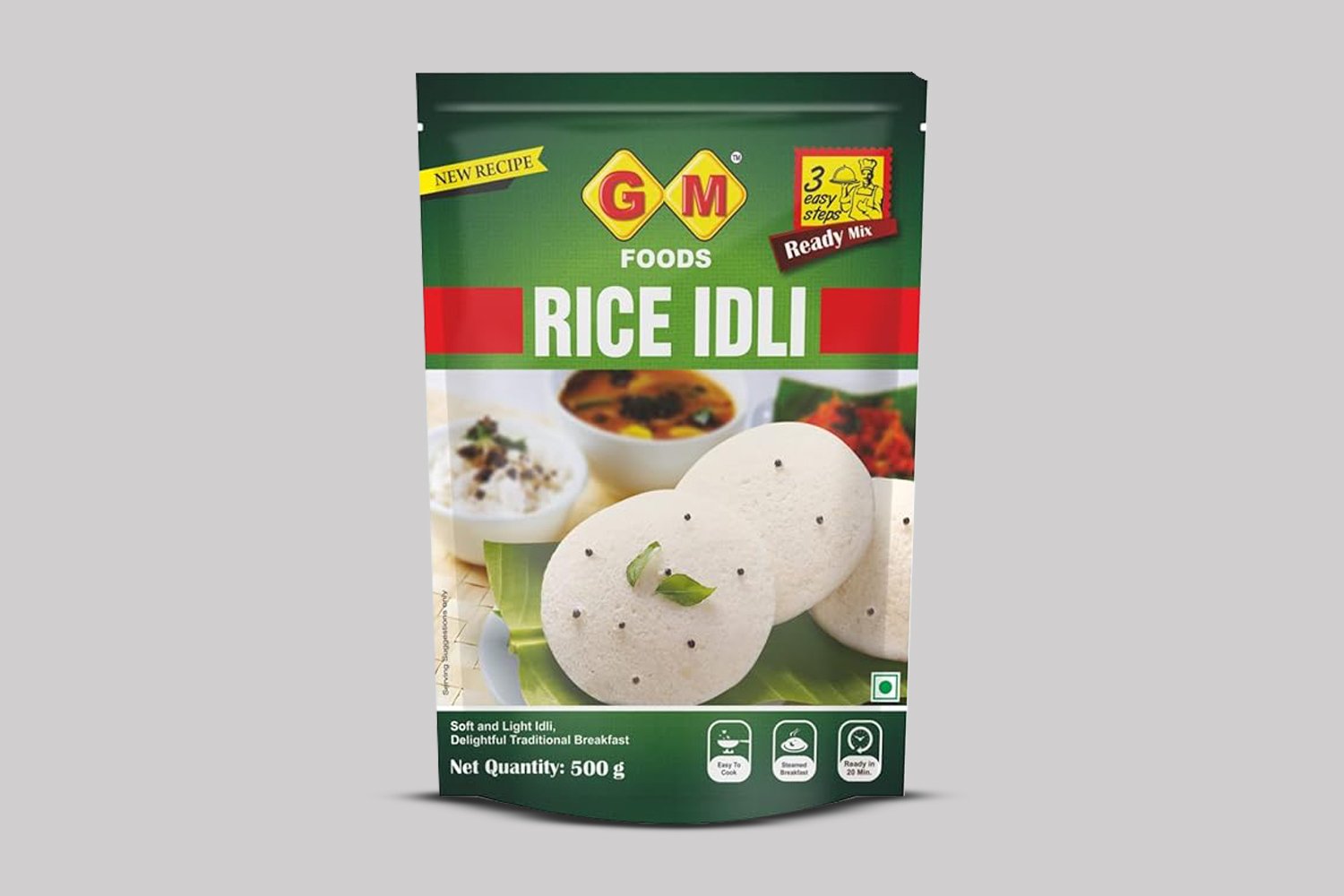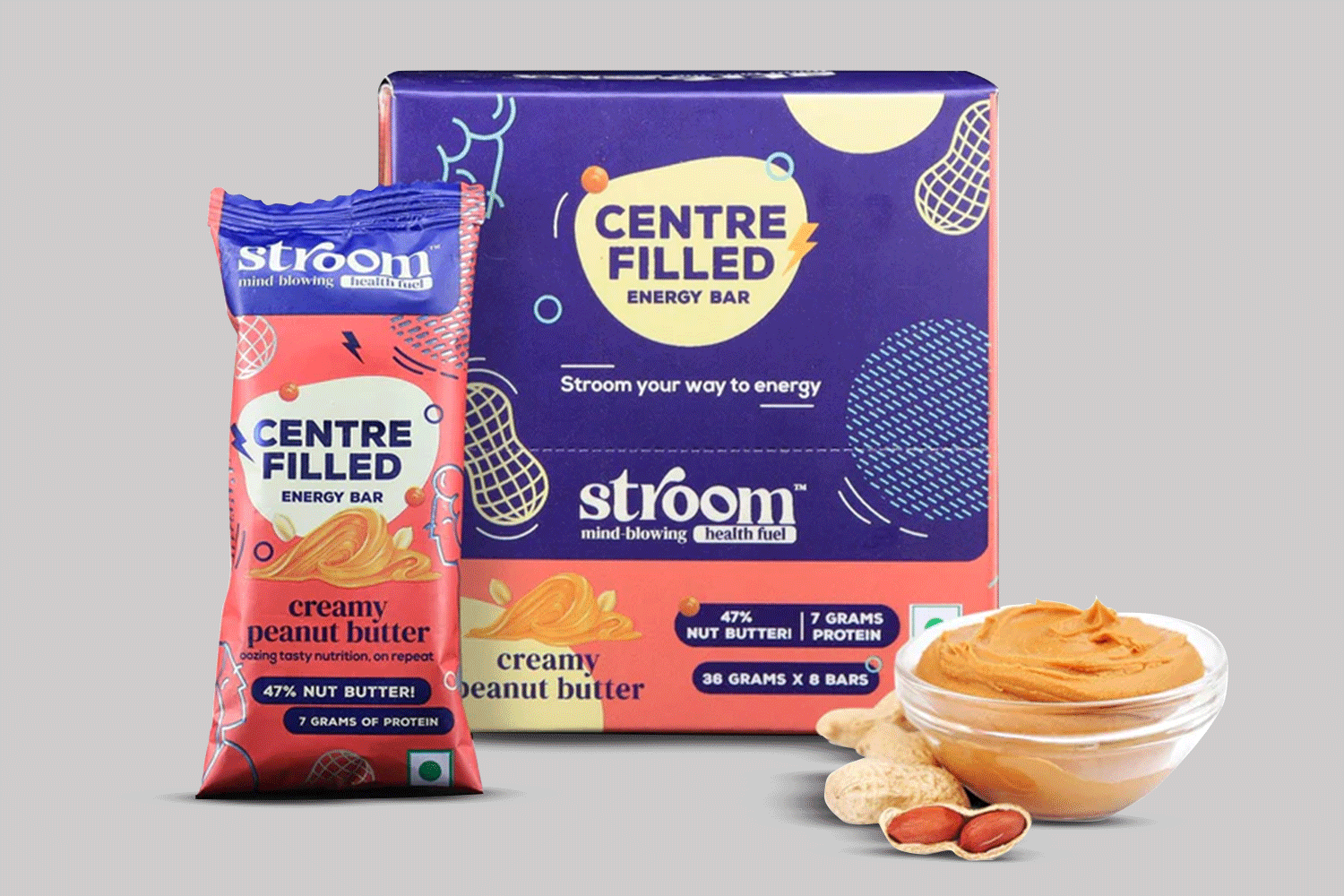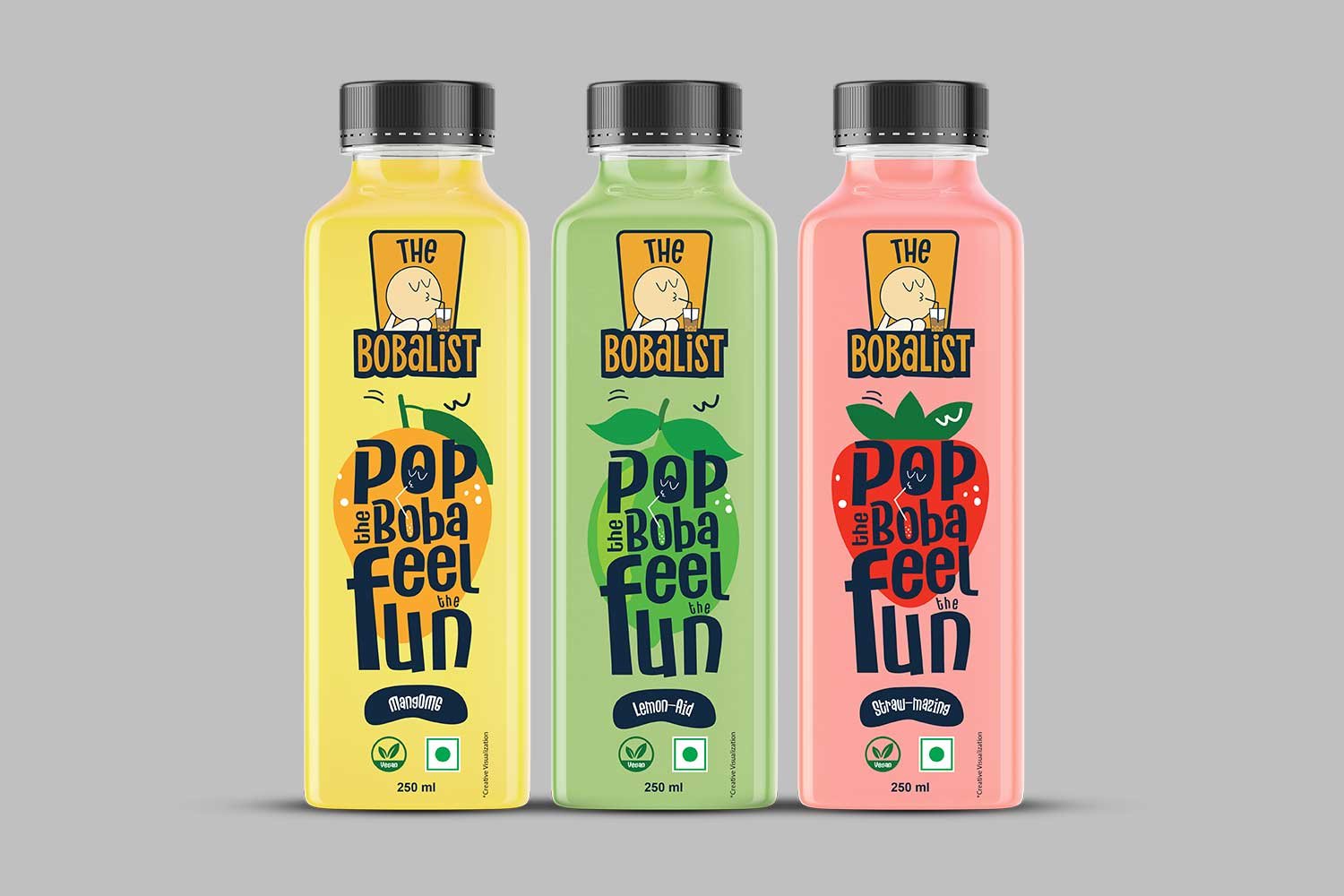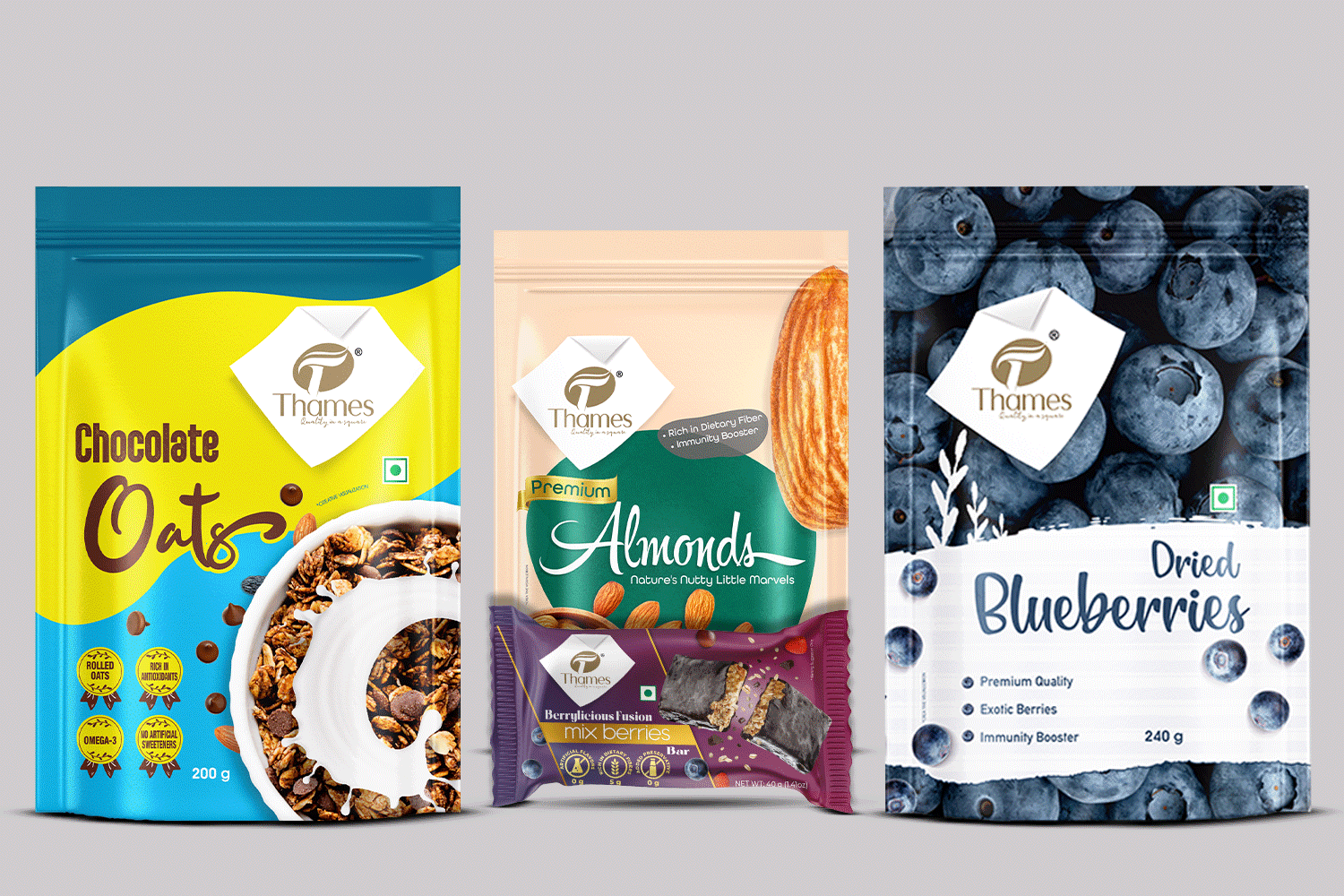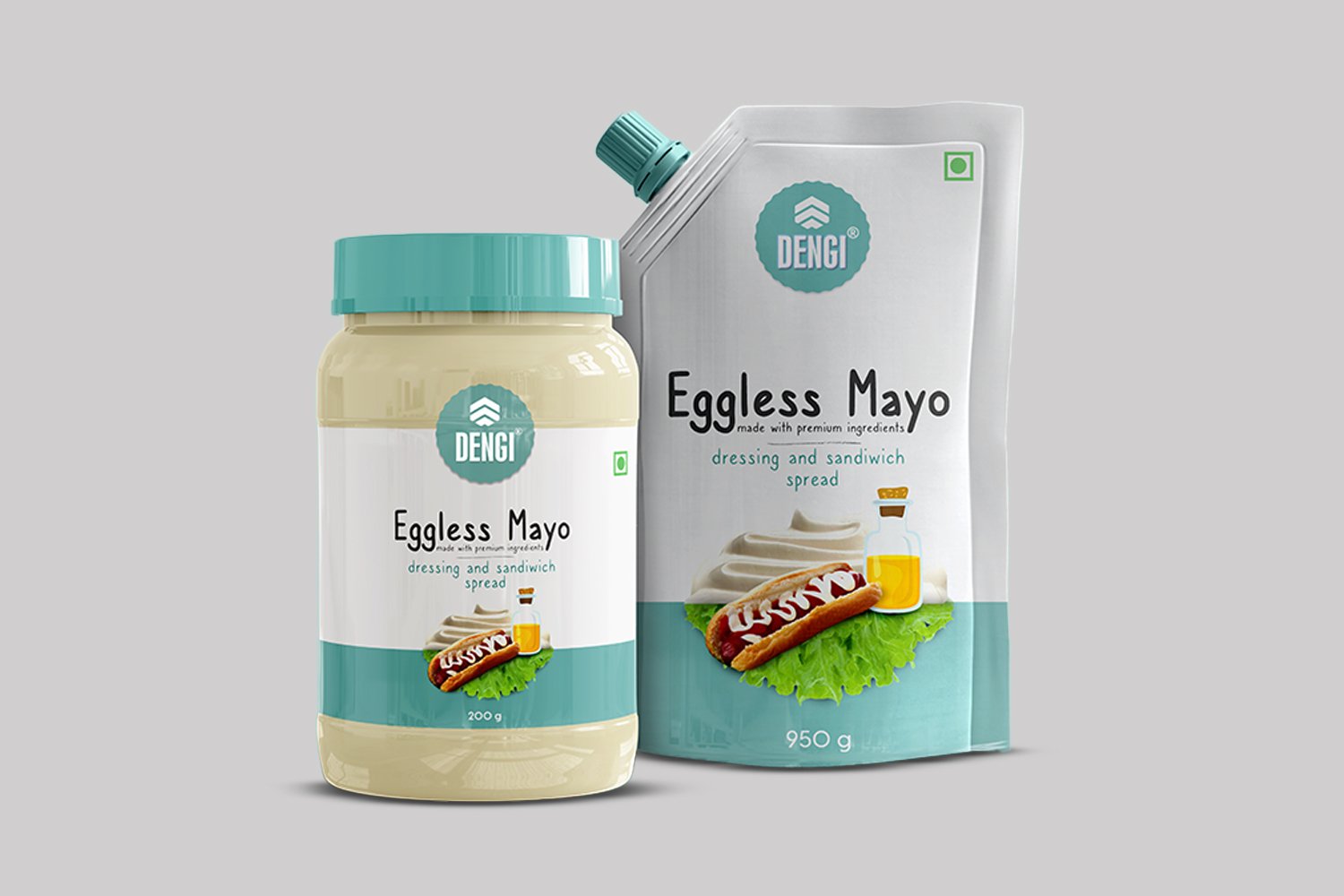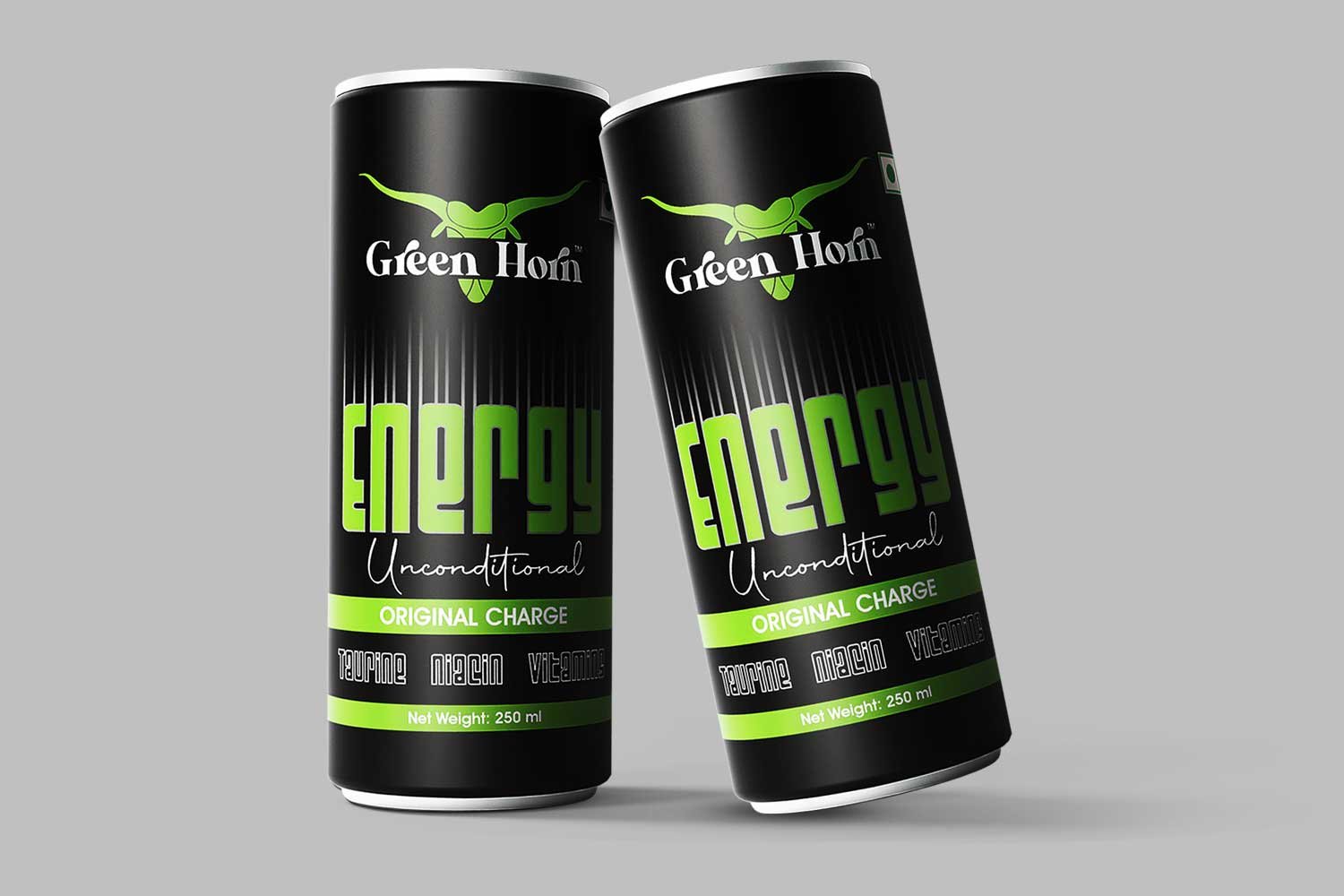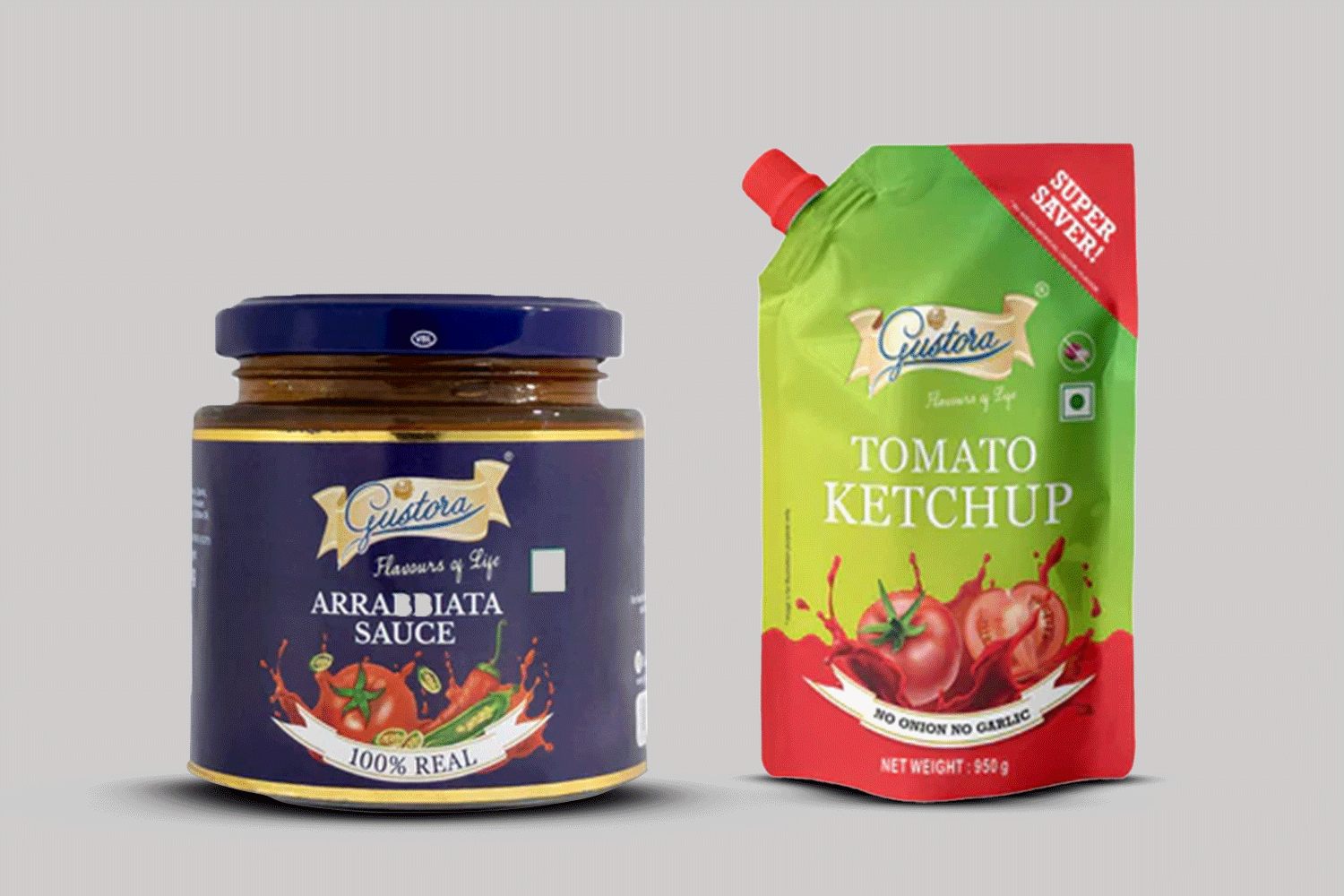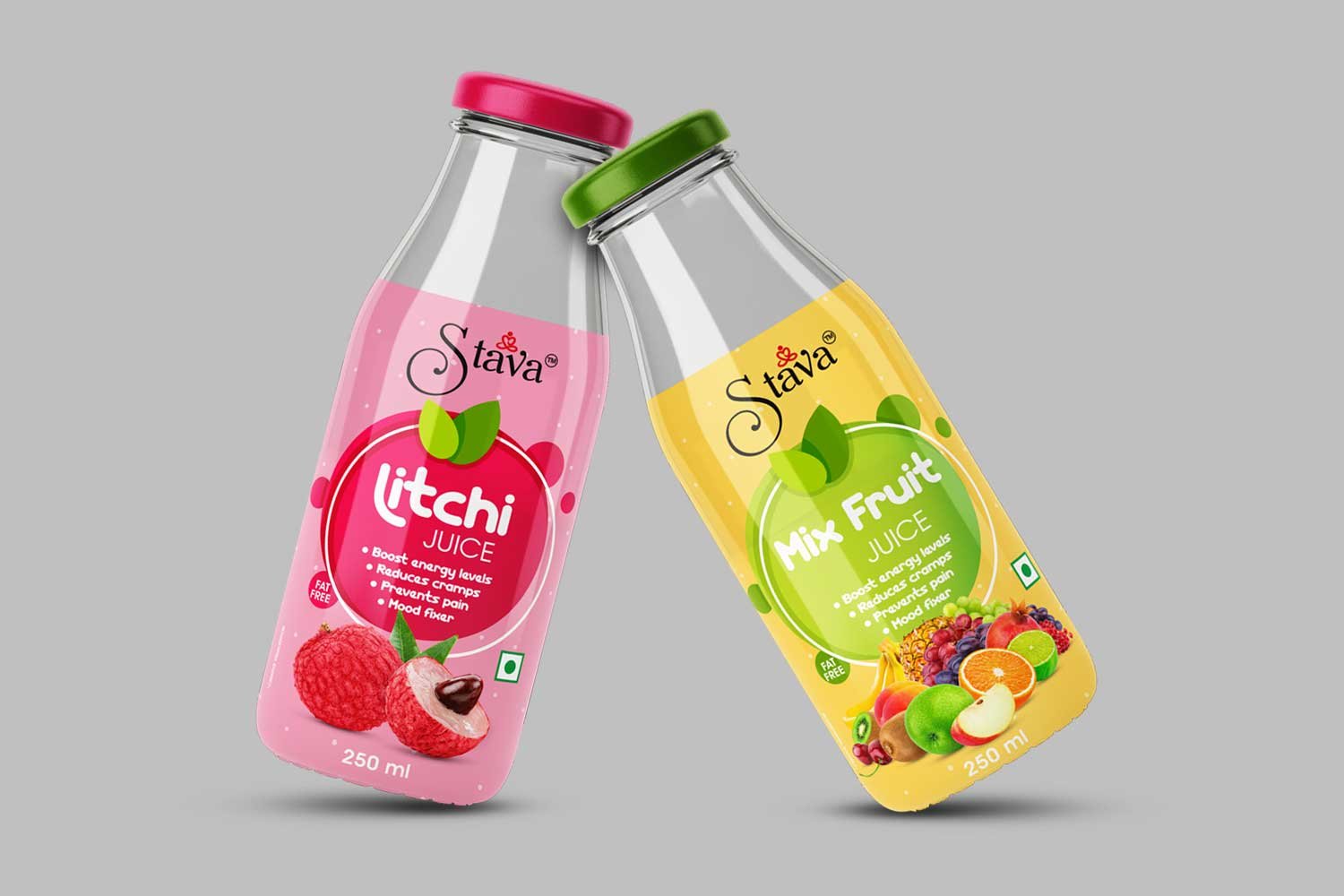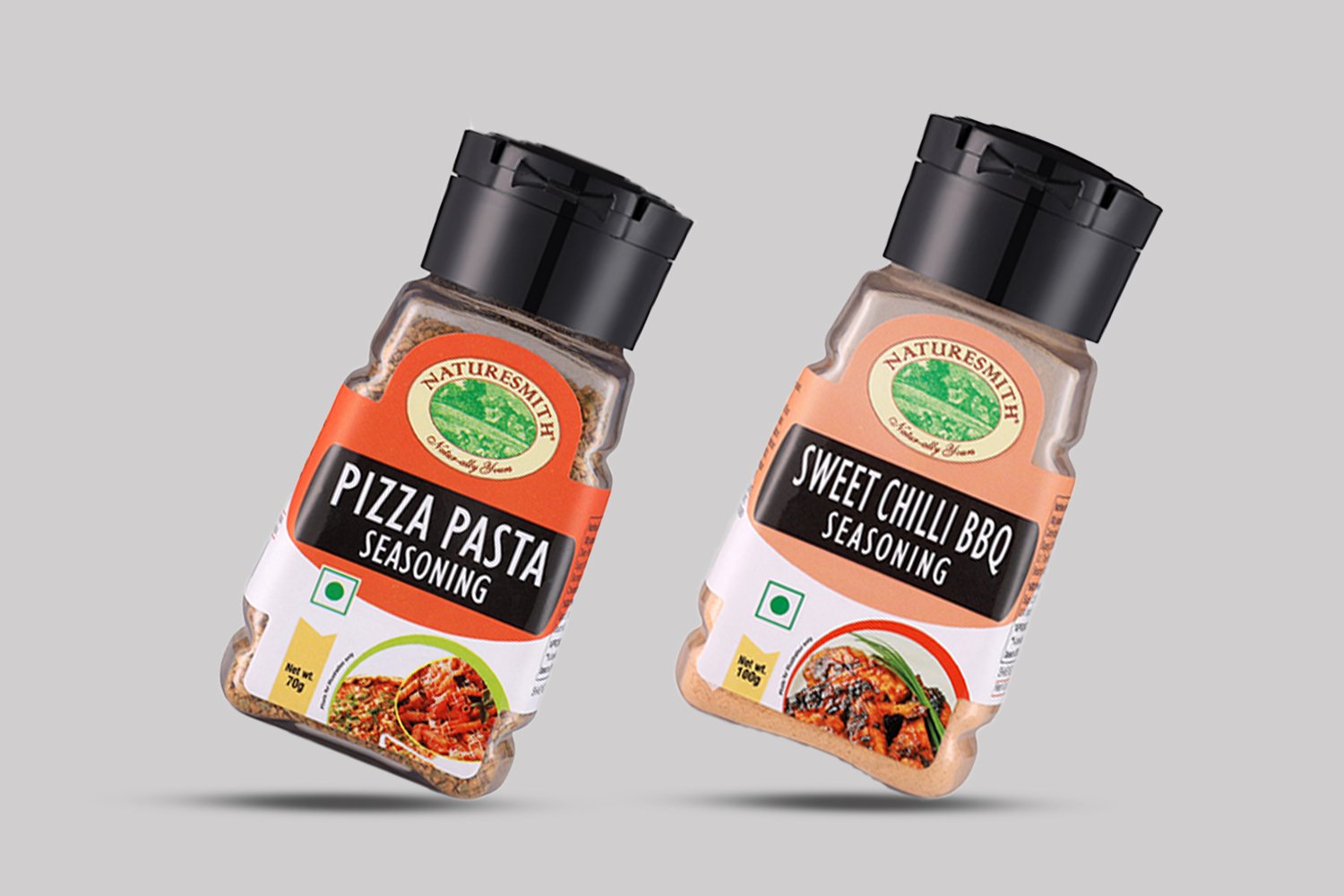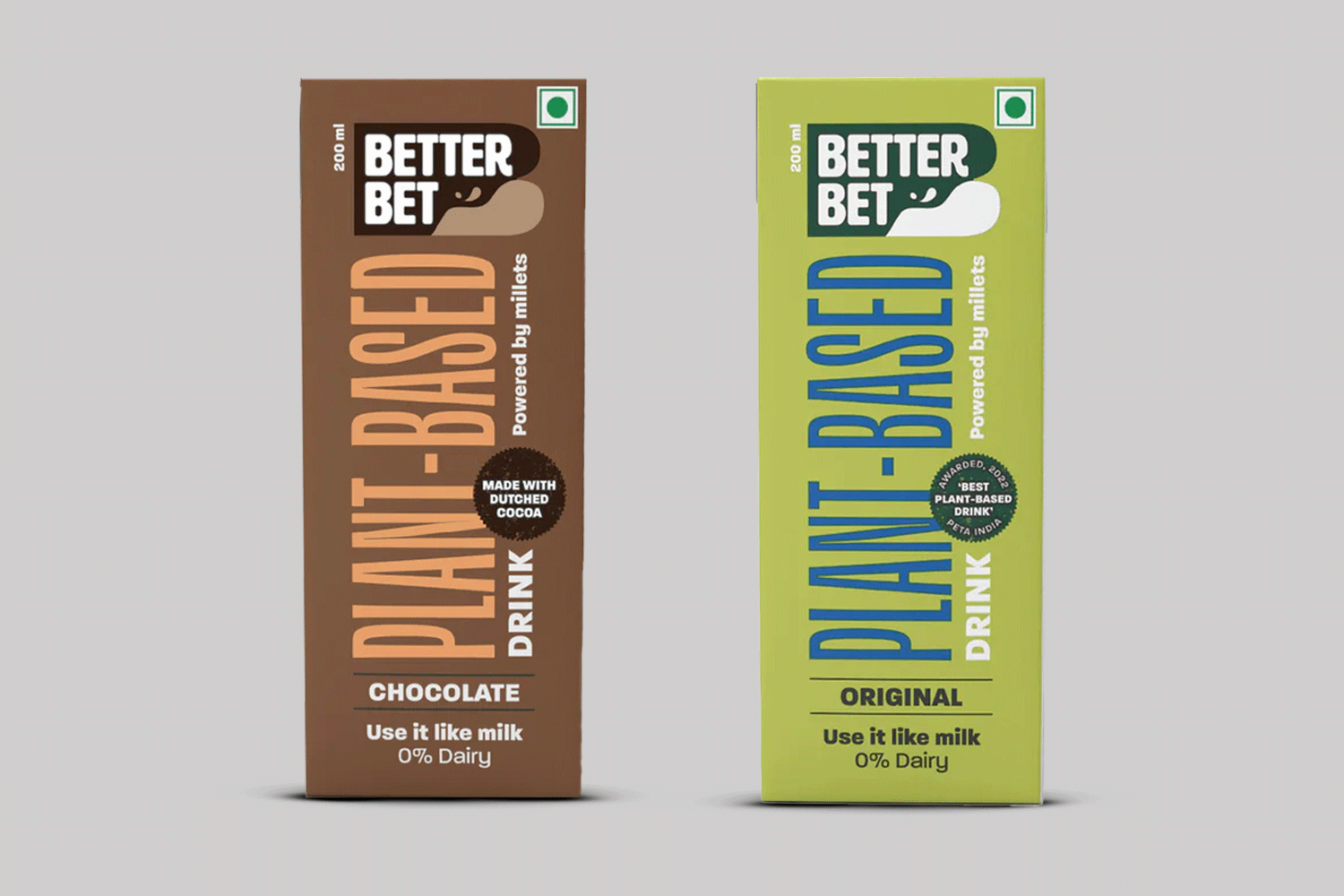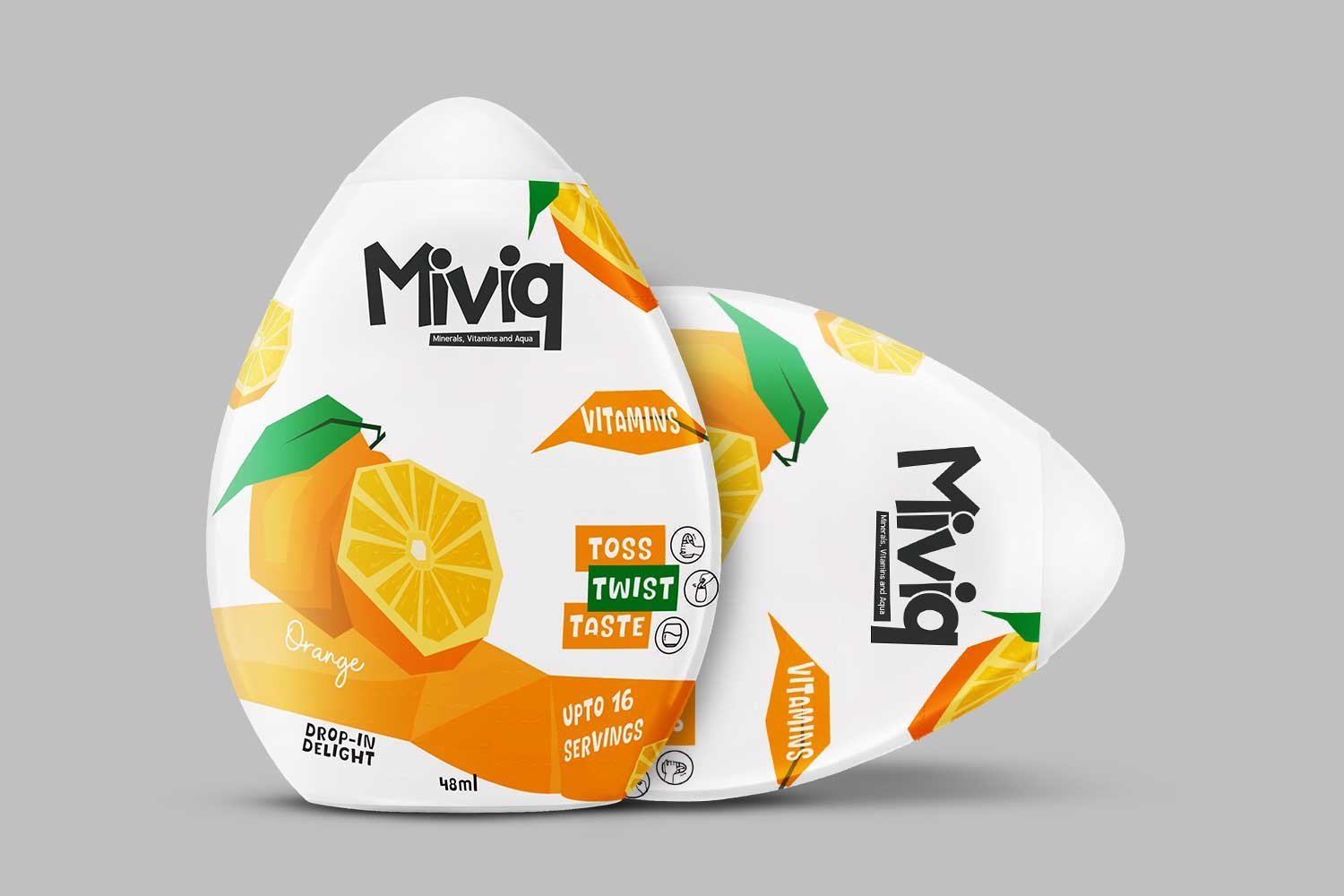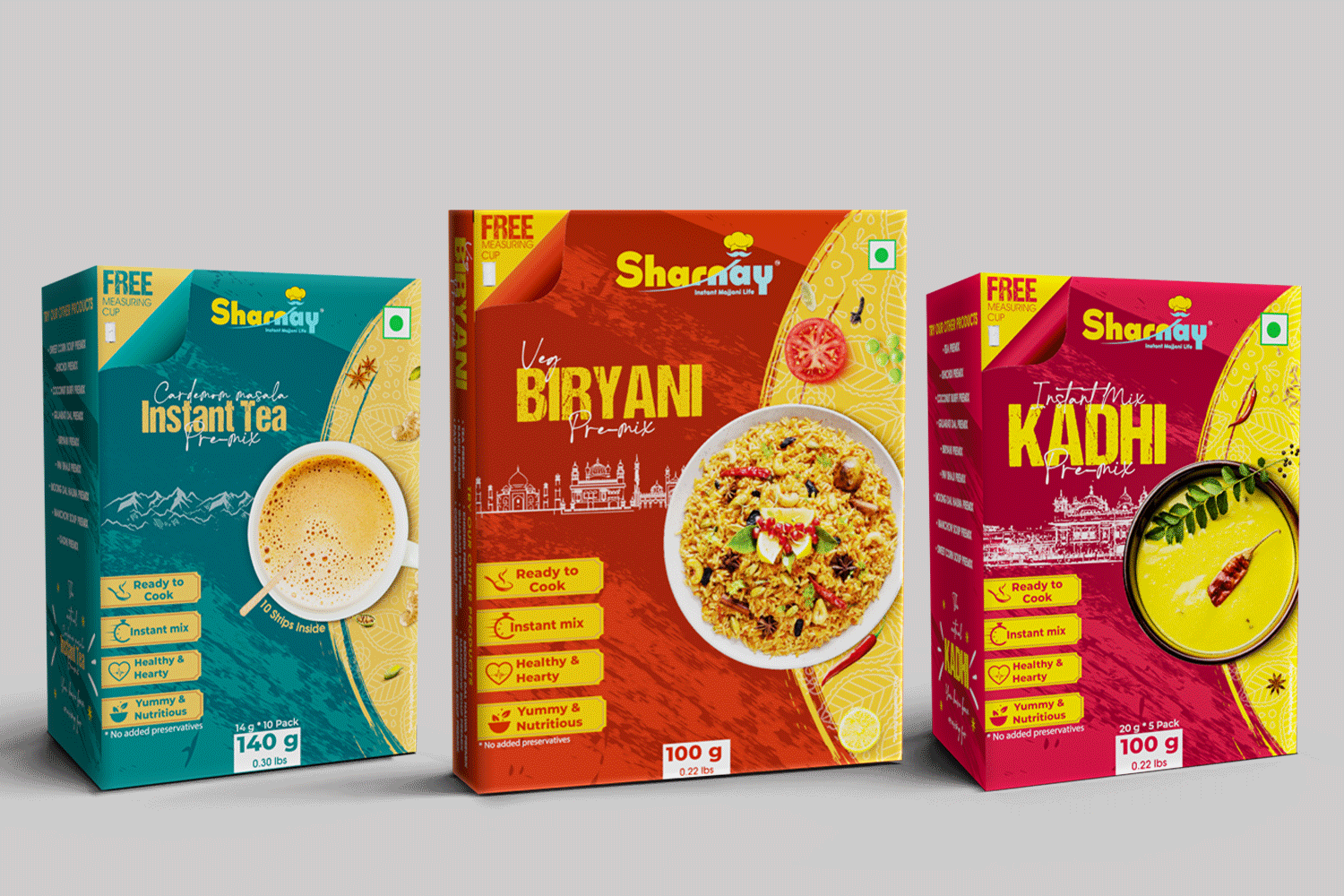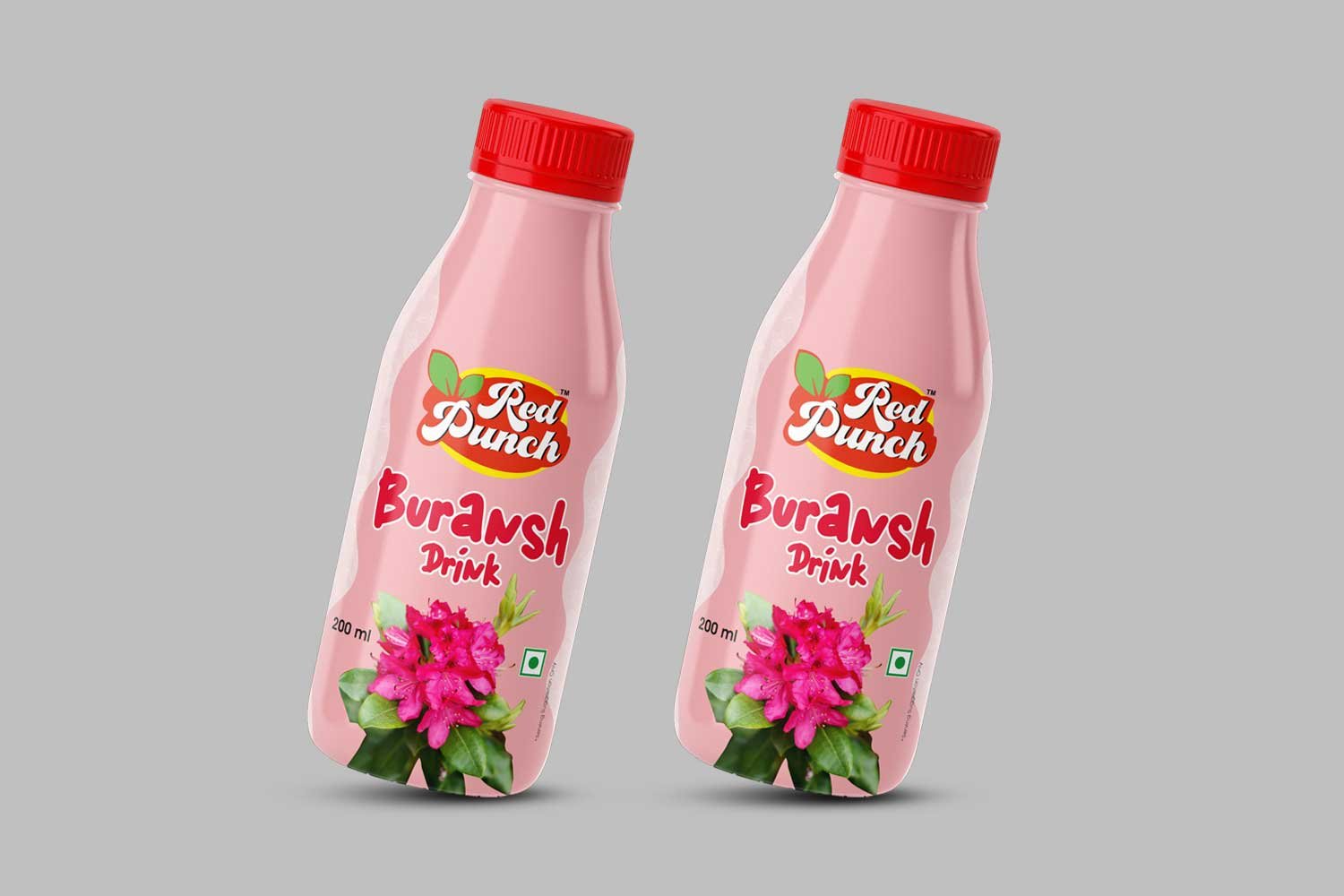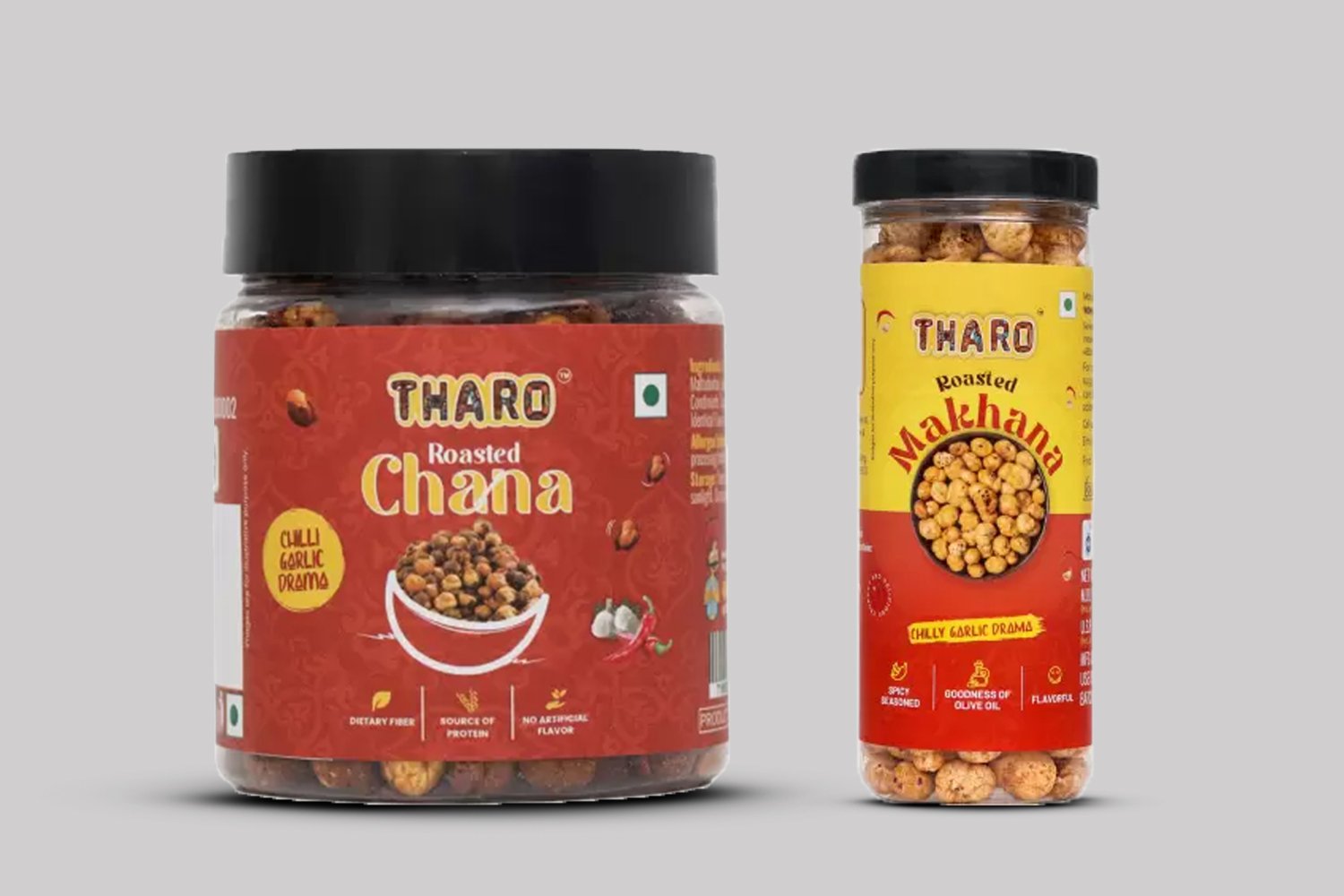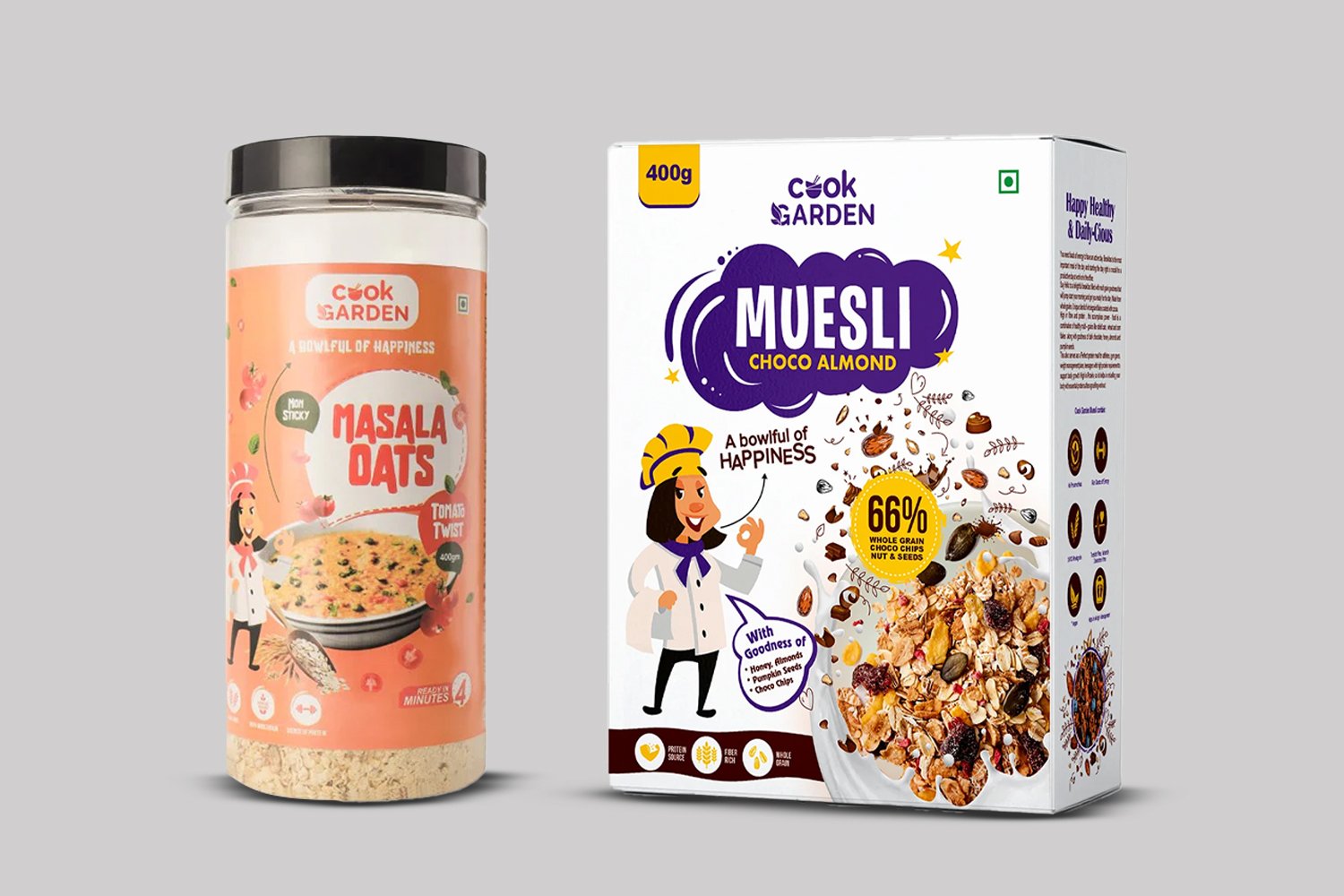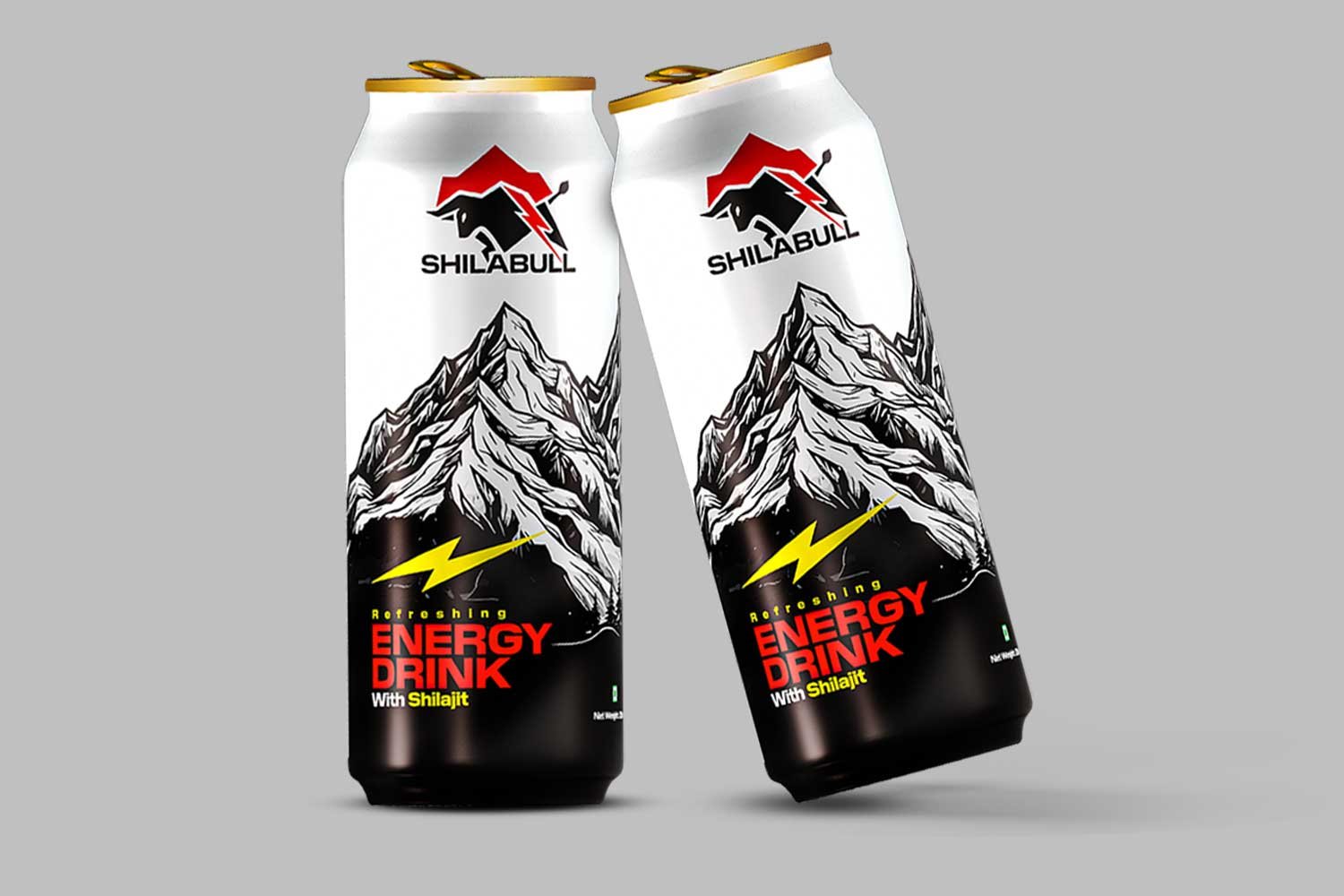Let’s begin with some eye opening facts, in recent years, India has seen a massive growth in where people are focusing on good health, mostly, among urban millennials and Gen Z. Just walk into any modern gym in cities like Delhi, Mumbai, or Bangalore, and you’ll spot not just people lifting weights or running on treadmills, but also grabbing a protein bar post-workout. Isn’t it? Once a niche segment, protein bar formulation is now mainstream. Gyms have had a big part in making this change happen.
But what’s really driving this surge? Why are protein bars flying off the shelves? And how are food brands and contract manufacturers tapping into this opportunity? To know more about protein bar formulation, read this blog.
Let’s break it down.
The Fitness Revolution in India: Protein Bar Formulation
The India protein bars market size of around USD 124 million (₹1,000 crore) in 2024, and its expected CAGR of about 4.8% to 9.8% over the coming years, along with factors like corporate wellness trends and influencer marketing, are documented by IMARC Group and Verified Market Research.
Earlier, post-workout nutrition was all about eggs or homemade shakes. Now the time has changed, so the preferences have changed. Today, gym-goers want something quick, clean, portable, and tasty—and protein bars fit the bill perfectly.
Fun Fact: The energy bar segment’s growth at around 13% CAGR through 2030, reflecting the broader snack bar and protein bar trends in India, is reported by Business of Food
Why Gyms Are the Perfect Distribution Channel
Now, let’s move on to how the gym is fueling the protein bar recipe formulation boom. Gyms aren’t just centers for workouts anymore. They’ve become community hubs, lifestyle influencers, and in many cases, retail outlets.
Here’s how gyms are boosting the protein bar industry:
- Sampling & Demos: Gyms allow food brands to directly demo products to their most relevant audience.
- On-the-spot sales: With energy depletion after workouts, many customers opt for a protein bar at the counter.
- Trainer recommendations: A personal trainer suggesting a particular bar builds trust and converts users.
- Brand collaborations: Many gyms tie up with nutrition brands to co-promote protein products.
What’s Inside a Great Protein Bar Formulation?
You know what, protein bar recipe formulation is an art and a science. For that, you need a recipe formulation expert to create a healthy and nutritious protein bar. It must check multiple boxes:
- High Protein Content (10–20g per bar)
- Low Sugar
- Clean Label (No unnecessary additives)
- Great Taste & Texture
- Long Shelf Life
- Cost-Effective Manufacturing
Popular protein sources used:
- Whey Protein Isolate
- Pea Protein
- Soy Protein
- Casein
- Rice Protein (for vegan bars)
Added functional ingredients:
- Fiber (inulin, chicory root)
- Omega-3s
- BCAAs
- Superfoods like quinoa, amaranth, and flaxseeds
Trending flavors: Choco peanut, coffee hazelnut, berry blast, coconut almond, salted caramel
What This Means for Gym Chains & Entrepreneurs
If you run a gym or health-focused D2C brand, this is the perfect time to launch your own protein bar or partner with an existing label.
- Add value to your gym brand.
- Build an additional revenue stream.
- Increase brand recall with custom packaging.
- Offer your clients scientifically formulated nutrition on-site.
And if you’re a founder or investor, the window is wide open to innovate, differentiate, and ride the protein wave in India. If you are seeking help in protein bar recipe formulation contact us now.
What Makes a Great Protein Bar?
Formulating a market-winning protein bar is a balance of science, flavor, texture, and functionality. Consumers want more than just protein—they want experience, trust, and clean ingredients.
Core Components of Protein Bar Formulation
Here’s a breakdown of the primary ingredients and how they affect formulation:
| Component | Function in Formulation | Common Options |
| Protein Source | Core functional ingredient | Whey isolate, soy protein, pea protein, brown rice protein |
| Binders | Holds ingredients together | Dates, honey, chicory syrup, glycerin, sugar alcohols |
| Sweeteners | Taste and calorie balance | Stevia, monk fruit, erythritol, jaggery |
| Fats | Mouthfeel and energy source | Cocoa butter, nut butters, and coconut oil |
| Flavorings | Taste appeal | Vanilla, chocolate, caramel, and berry blends |
| Texture Agents | Softness/chewiness/crispiness | Rolled oats, crisp rice, fiber blends |
| Add-ons | Differentiators | Seeds, nuts, collagen, fiber, caffeine, probiotics |
Top Challenges in Protein Bar Formulation
Creating a successful protein bar isn’t just about high protein content—it’s about balance. Here are some common formulation hurdles that occur during
1. Taste vs. Nutrition
High-protein bars can taste chalky or dry. The right blend of flavoring agents, protein types, and sweeteners is critical.
2. Heat Sensitivity
Protein powders, especially whey, can degrade at high temperatures. Choosing low-heat processing methods matters.
3. Shelf Stability
Humidity and fat oxidation can shorten shelf life. Moisture balance and antioxidant addition are key.
4. Binding Without Syrup Overload
Many bars rely on sugar syrups to bind ingredients. Formulators now use innovative binders like date paste, fiber syrups, or natural polyols.
5. Clean Label Expectations
Modern consumers want fewer artificial additives. Natural, recognizable ingredients are a must, but they complicate formulation.
Target Audience for your Protein Bar Formulations
Protein bar formulation must match the intended user. Here’s how formulation varies:
| Audience | Formulation Focus |
| Fitness Enthusiasts | High protein (15–20g), BCAAs, low sugar |
| Office Professionals | Balanced macros, moderate sugar, energy-focused |
| Kids | Mild flavors, natural sweeteners, and low sugar |
| Vegan Consumers | Pea/rice protein, dairy-free binders |
| Meal Replacers | High protein + fiber + healthy fats |
Functional Goals in Modern Protein Bars
Smart brands are moving beyond macros and focusing on functionality. Here’s what’s trending in formulations:
- Satiety bars with fiber blends
- Digestive health bars with prebiotics/probiotics
- Beauty bars with collagen and antioxidants
- Keto-friendly bars with MCT oil and minimal carbs
- Sleep aid bars with magnesium and adaptogens
Each of these requires precise formulation expertise to balance taste, function, and regulation.
The Role of R&D and Prototyping in Formulation
Before launching, your product must go through multiple prototype iterations to test:
- Texture in varying climates
- Flavor retention over time
- Packaging compatibility
- Microbial stability
- Nutritional accuracy (backed by lab reports)
At Foodsure, we guide startups and brands through each of these steps, ensuring no surprises after launch.
Compliance: A Non-Negotiable in Formulation
Protein bars are regulated as functional foods or nutraceuticals. Every formulation must comply with:
- FSSAI ingredient norms
- Recommended Daily Allowance (RDA)
- Nutritional labeling laws
- Allergen declarations
We help clients build products that are not just delicious, but also legally sound.
Steps in the Protein Bar Formulation Process
The formulation process requires a lot of expertise and science, it’s not a cup of tea. It’s a step-by-step journey that brings your healthy snack idea to life—whether it’s for fitness lovers, kids, or busy professionals. Here’s how the custom protein bar development process usually works:
1. Understanding Your Idea
What matter te most for us is understanding your ideation. Whether you want to create a clean-label protein bar, a vegan snack bar, or a post-workout energy bar, we work closely with you to shape the idea based on your target audience.
2. Choosing the Right Ingredients
This step is all about selecting smart, healthy components. We help you select the best protein sources, natural sweeteners, healthy fats, and functional ingredients. This is where clean label bar formulation really matters—we avoid artificial additives and stick to simple, wholesome ingredients.
3. Testing the Recipe
Once the ingredients are selected, we start nutritional bar R&D in our lab. Our food technology consultant experiments with flavors, textures, and nutrition to find the perfect balance. This is where healthy snack innovation begins!
4. Refining the Taste and Texture
Taste matters just as much as nutrition. We make changes based on feedback until the protein bar formulation is just right, whether you want it soft and chewy or crunchy and crisp.
5. Checking Shelf Life and Nutrition
We test how long your protein bar development stays fresh and how well the nutrients hold up over time. This step is important for both quality and customer trust.
6. Preparing for Manufacturing
Once the final recipe is ready, we help you scale it for mass production. From packaging advice to equipment setup, we support your energy bar manufacturing journey every step of the way.
7. Make Sure Legal Compliance
Your protein bar product development must follow FSSAI regulations. We help you with all the paperwork, nutritional labels, and legal checks so your product is 100% market-ready.
Thinking of Launching a Protein Bar? Here’s What You Need to Begin
- Product idea and audience
- Formulation partner (like Foodsure)
- Nutritional strategy
- Brand positioning and packaging
- Testing protocols
- A reliable contract manufacturing facility
Why Choose Foodsure for Protein Bar Development?
With over 4500+ successful food product projects, Foodsure is India’s trusted partner for nutrition-focused formulations. From startups to FMCG brands, we’ve helped dozens of clients conceptualize, prototype, and launch protein bars that succeed.
Our Protein Bar Services:
- Ingredient sourcing and feasibility
- Custom formulation (including plant-based, keto, collagen, etc.)
- Nutritional panel development
- FSSAI compliance support
- Contract manufacturer matchmaking
- End-to-end go-to-market support
Reach out to us today for your protein bar recipe formulation!
The Future Is Functional: Contact Us Now
India’s protein bar revolution is only beginning. As consumer demand grows sharper and more specific, the importance of professional formulation will only increase.
Want to create a protein bar that stands out for the right reasons? Get in touch with our formulation team for your protein bar formulation. Let us work for you to develop with science, strategy, and soul. Call us at 8826313121.














